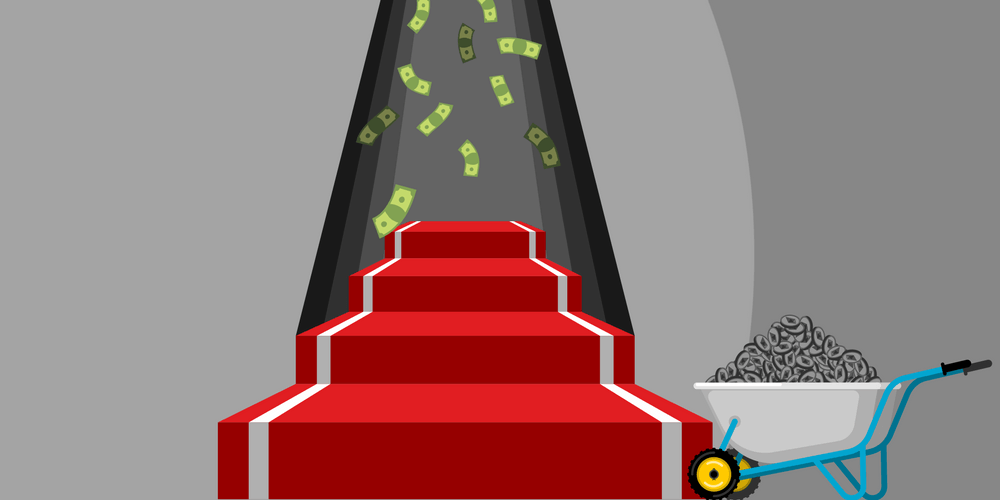
The U.S. Securities and Exchange Commission (SEC) has issued a warning to investors regarding initial coin offerings (ICOs) that are endorsed by celebrities.
In a public statement released on the 1st November, the SEC said:
“Celebrities and others are using social media networks to encourage the public to purchase stocks and other investments. These endorsements may be unlawful if they do not disclose the nature, source, and amount of any compensation paid, directly or indirectly, by the company in exchange for the endorsement.”
This announcement comes at a time when several ICOs have been promoted by celebrities. In recent months, the likes of boxing champion Floyd Mayweather Jr., hotel heiress Paris Hilton, DJ rapper Khaled, football manager Harry Redknapp, and football player Luis Suarez have all endorsed ICOs ahead of their token sales.
The SEC adds that while the celebrity endorsements may appear unbiased, they may be part of a paid promotion, adding that:
“A failure to disclose this information is a violation of the anti-touting provisions of the federal securities laws.”
Over the last 18 months, the growth of ICOs has taken off. According to financial research firm Autonomous Next, token sales have raised more than $3 billion. The largest, to date, is Filecoin, which raised $262 million in September, followed by Tezos, which generated $232 million during its token sale in July. However, Overstock.com is attempting to become the largest token sale, as it plans to raise $500 million later this year, reports CNBC.
As the value of digital currencies such as bitcoin and ethereum rise in value – bitcoin recently scaled $7,000 – more projects are being launched, which is seeing the creation of new token sales to further their development. Such is the growth of raising funds in this manner that before the end of 2017 there are a further 100 ICOs due to launch between November and December, according to Coinschedule.
For the developers that are keen to create a product that will make a lasting impact, token sales allow them to raise funds much quicker than through traditional venture capital funding. Unfortunately, not all token sales are legitimate with many fraudulently taking money from investors.
In the summer, the SEC published a report determining whether tokens were deemed as securities. At the time, the agency had been investigating the issuance of tokens linked to The DAO, which crashed last summer after a flaw was exploited in its smart contract. As a result of the investigation, the SEC stated that ‘DAO tokens are securities under the Securities Act 1933.’
In July, Charles Hoskinson, one of Ethereum’s co-founders, said that there was an ‘over-tokenisation of things’ and that ‘people are blinded by fast and easy money’ through ICOs.

